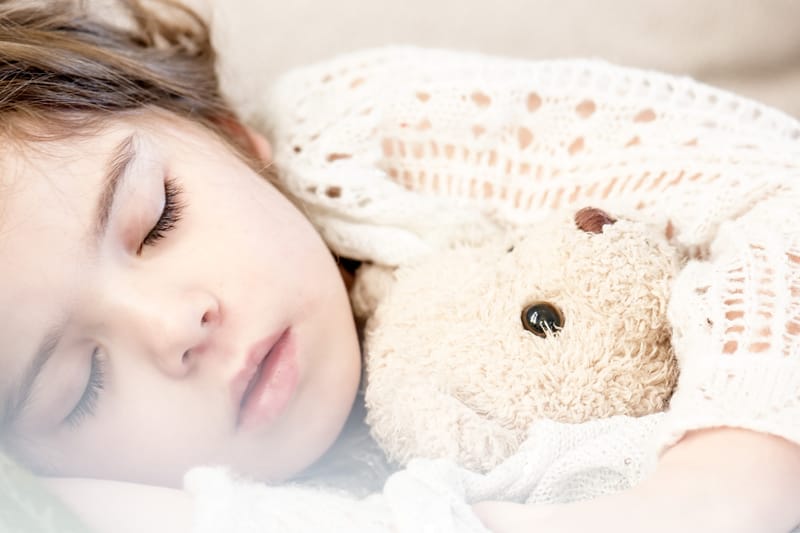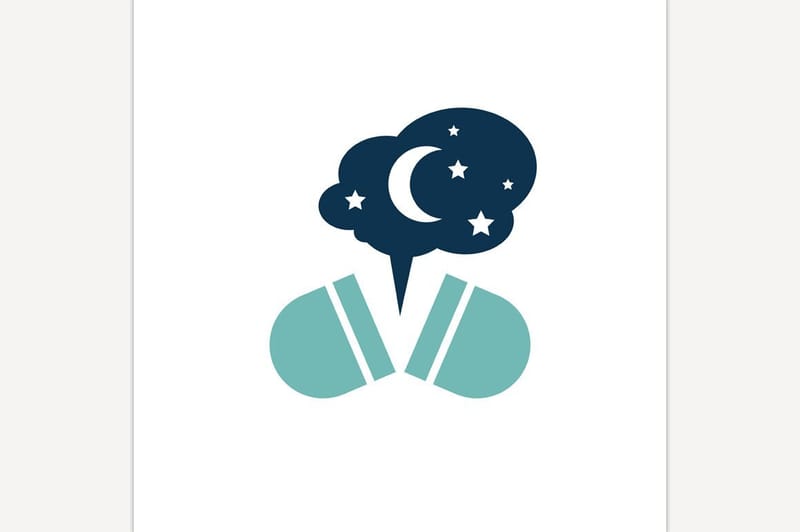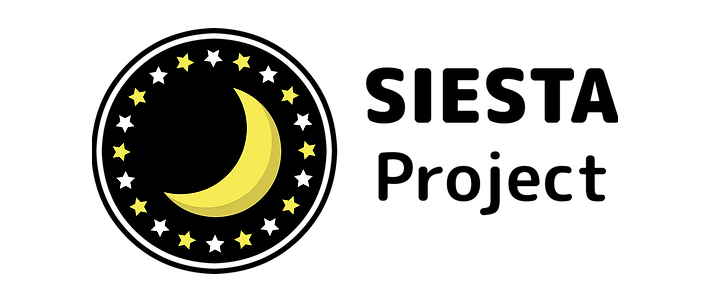The Pediatric Sleep and Wellness Project is a prospective data collection project in partnership with the Loma Linda University Health Sleep Center. Our aim is to learn more about youth ages birth through 18 who are presenting to the Sleep Center for an overnight sleep study (polysomnography). Specifically, we want to describe the characteristics of these youth and their families and understand how different kinds of sleep problems are related to aspects of emotional and behavioral functioning, physical health, and family functioning. We hope that our findings will inform recommendations for the clinical care of youth with sleep problems.
Research
Insufficient sleep affects about 70% of the adolescent population in the United States. Poor adolescent sleep in particular is linked to impaired academic performance, lower cognitive functioning, poor emotional regulation, and poor mental health. Treating sleep disturbance with exogenous melatonin has significantly increased over the past decade, as it is listed as the second-most used natural product within a child population by the National Institutes of Health. Further, adolescents 13 years of age or older are the most likely age group to be recommended melatonin for sleep difficulties, yet the acute effects of melatonin on sleep, daytime functioning, behavior, and mood are largely unknown.
MARS plans to fill this gap through a feasibility study that (a) focuses on typically developing adolescents aged 13-17, a neglected population in previous studies; (b) is experimental in nature, to allow for cause-effect inferences; and (c) measures multiple outcome domains, including both objective and subjective data, to maximize scientific yield. The investigative team includes expertise in pediatric neurology, health psychology, and sleep and are uniquely positioned to investigate the relationships between adolescent melatonin supplementation; sleep (i.e., actigraphy, sleep disturbance, fatigue, dim light melatonin onset); daytime functioning (i.e., mood, emotional regulation, behavior difficulties, physical activity); and any reported adverse effects.
Findings from this study will allow for preliminary causal conclusions about the potential benefits and risks of exogenous melatonin in typically developing youth with behavioral sleep concerns. Doing so will provide much needed empirically supported guidance to medical professionals and caregivers when considering melatonin supplementation as a treatment for adolescent sleep difficulties.
Participant recruitment for this study has been completed.
The Study to Investigate the Effect of Sleep Treatment for families of children with Autism (SIESTA) is a research project that compares two brief interventions aimed at improving child health and behavior outcomes of youth with autism. One intervention is focused on improving child sleep while the other is focused on improving child diet and physical activity. We are also interested in learning how parenting stress and child behavior are related to child health and sleep both before and after the intervention.
For more information about this study and information about participation please see this link: https://www.siestaproject.net/.





